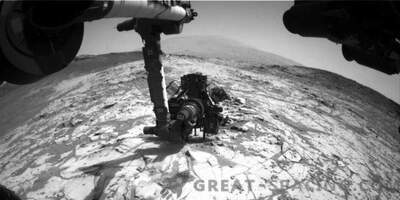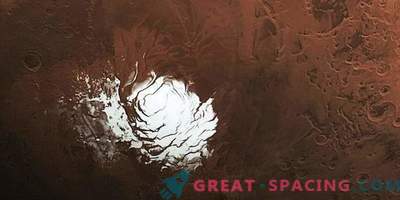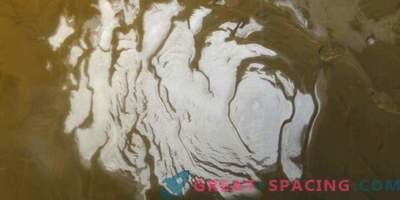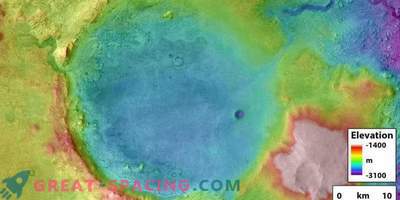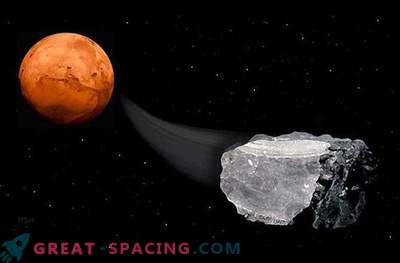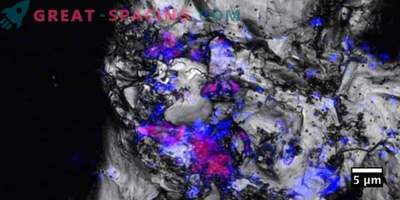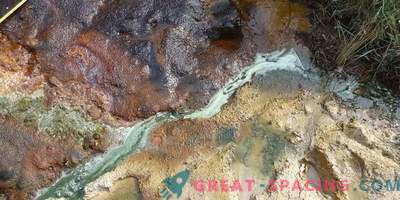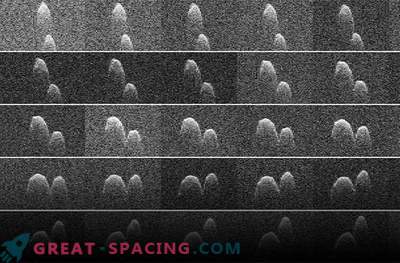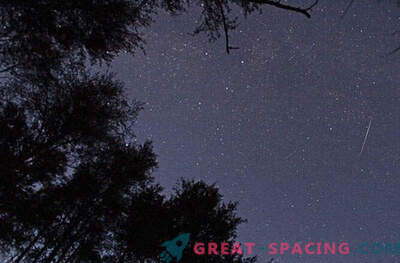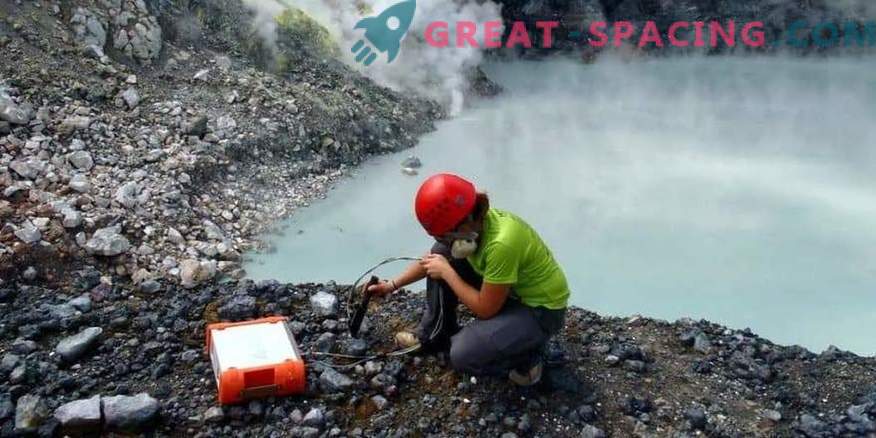
Sarah Black, who recently defended her doctoral degree, collects water samples from Caliente Lagoon
Scientists from the University of Colorado (Boulder) have discovered microbes living in a poisonous volcanic lake. This is important, because such conditions can be considered as one of the most severe on Earth.
The team found itself in second-degree burns, sulfuric acid vapors and the threat of an eruption while collecting water samples from Lake Laguna Caliente. This reservoir is located on the Poas volcano in Costa Rica. The water there is 10 million times more sour than tap water, and in terms of temperature it reaches the boiling point. Also recalls the ancient hot springs that were present on the surface of early Mars.
Most surprisingly, the lake in Costa Rica manages to sustain life. Researchers were able to find microbes belonging to only one type of bacteria. It is important to understand that at an early stage of its history, Mars was just as extreme, so there could have been life, but not teeming with diversity. Laguna Caliente is chaotic, and the temperature can fluctuate due to the presence of magma under the lake, which creates geyser eruptions. To search for living organisms, researchers had to take water for DNA analysis. This allowed us to find the signature of one type of bacteria of the genus Acidiphilium - a group of microbes, which were also previously found in other harsh conditions.
If life had developed on the Red Planet, then it could have survived, as well as the microbes in the lake - by processing energy from minerals containing iron or sulfur. In 2020, NASA plans to launch the Mars 2020 mission. This rover will hunt for signs of life.
